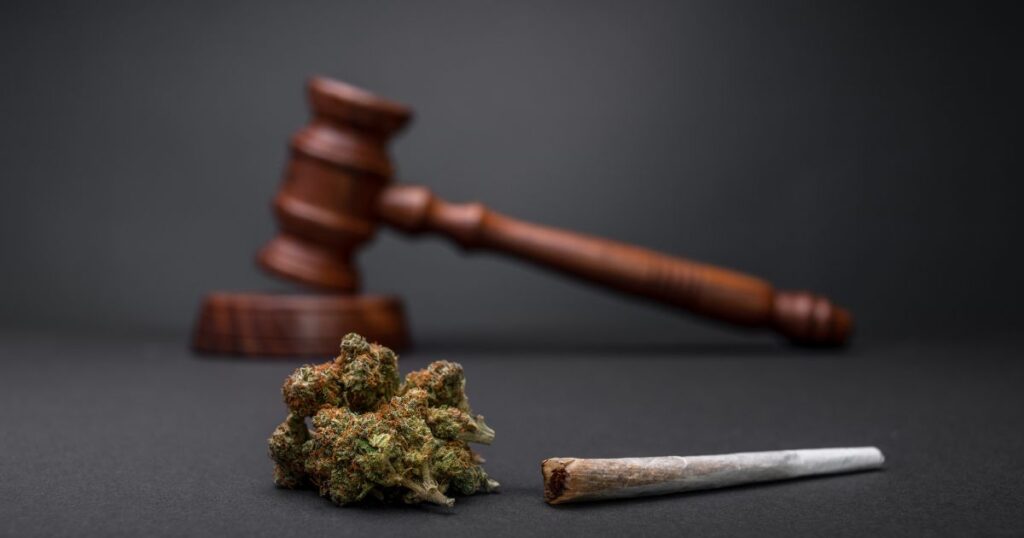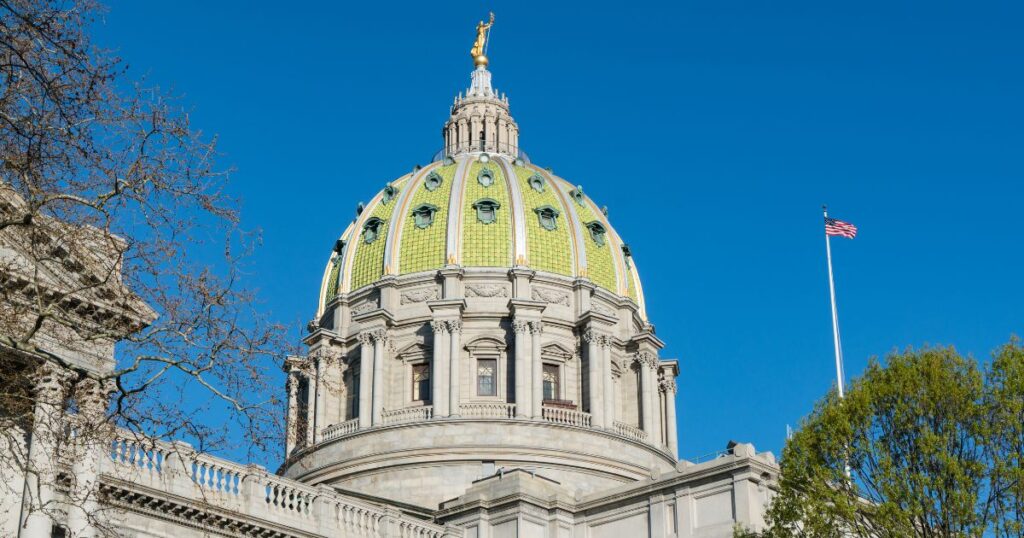Despite the growing support for marijuana legalization in Pennsylvania, the 2024 budget discussions have left many advocates disappointed. With neighboring states like New York and New Jersey reaping the benefits of legalized recreational marijuana, Pennsylvanians are left wondering why their state isn’t following suit. In this article, we’ll explore the latest developments in Pennsylvania’s marijuana legislation, the benefits of medical marijuana provisions that were passed, and what this means for the state’s future.

Growing Support for Recreational Marijuana in Pennsylvania
Over the past few years, support for legalizing recreational marijuana in Pennsylvania has increased significantly. This surge in support followed the state’s decision to allow medical marijuana in 2018. Since then, residents and lawmakers alike have watched as neighboring states embraced recreational use, generating substantial tax revenue and reducing criminal justice burdens.
Despite this growing support, Governor Josh Shapiro’s push for legalizing recreational cannabis in the recent budget talks fell short. While the potential revenue from legalization—estimated at over $250 million annually—was enticing, disagreements on how to structure the new industry prevented progress.
The Budget Talks and Their Outcome
The $47.6 billion budget passed last week left both advocates and opponents of marijuana legalization dissatisfied. Governor Shapiro initially pitched legalizing recreational cannabis to raise revenue, but lawmakers ultimately excluded the proposal from the final budget.
A major point of contention was the structure of the potential adult-use market. Some Democrats pushed for a state-run marijuana industry, similar to Pennsylvania’s liquor stores, but faced resistance from both marijuana business interests and Republicans who oppose legalization while cannabis remains a federal Schedule 1 drug, reports Spotlight PA.
State Rep. Dan Frankel (D., Allegheny), an advocate for recreational marijuana, noted the lack of consensus within his caucus on the logistics of legalization. Frankel, along with State Rep. Napoleon Nelson (D., Montgomery), plans to work on proposals over the summer, but it remains unknown if anything will pass in the limited fall session days.
Medical Marijuana 280E Tax Relief Provisions
Although recreational marijuana legalization did not make the cut, there was a silver lining for Pennsylvania’s medical marijuana industry. Governor Shapiro signed a new law providing state tax credits to offset the impact of the federal 280E tax burden, reports Marijuana Moment. This tax code disallows marijuana companies from claiming standard business deductions, posing a significant financial challenge for the industry.
The new tax relief provisions will help medical marijuana companies in Pennsylvania by allowing them to take state tax deductions equivalent to what they would have received at the federal level if not for the 280E policy. While this is a step forward, retailers are notably excluded from this relief.
Political Landscape and Future Prospects
The political landscape in Pennsylvania presents a complex environment for marijuana legalization. With Republicans controlling the state Senate and Democrats holding the House of Representatives, reaching a bipartisan consensus is challenging. Additionally, demands from the Legislative Black Caucus for social equity provisions add another layer of complexity.
Brit Crampsie, spokeswoman for the advocacy organization ResponsiblePA, emphasized the frustration of Pennsylvanians who see neighboring states benefiting from legalization. She expressed hope that adult-use legalization will be a top priority when the legislature returns in September.
“The legislature left a critical issue behind as they crafted a budget that did not include adult-use cannabis,” Crampsie said in a press release last week. “Pennsylvanians are demanding action on the legalization of adult-use cannabis. An adult-use market can bring more than a billion dollars to the state in its first year, and every moment Pennsylvania waits to legalize, we are losing money and business to the 90 percent of our neighboring states who have chosen to act.”
“We are hopeful that with the progress made in this budget, that adult-use legalization is at the top of the legislative agenda when the legislature returns in September.”
Impact on Pennsylvania’s Cannabis Industry
For many existing medical marijuana operators in Pennsylvania, the lack of progress on full cannabis legalization is a letdown. A market potential report estimated that the state’s adult-use market could reach $2.8 billion, offering substantial opportunities for growth and employment.
Without recreational legalization, Pennsylvania risks falling behind its neighboring states, not only in terms of money but also in fixing years of unequal enforcement of cannabis laws. The delay causes ongoing economic and social issues that a regulated adult-use market could have solved.
The recent budget talks in Pennsylvania have shown the difficulties of legalizing recreational marijuana. While the state improved with the 280E tax relief for medical marijuana companies, the larger goal of full legalization is still out of reach.
Pennsylvanians and their lawmakers must continue to engage in meaningful conversations about the benefits of a legal cannabis market. The potential for significant tax revenue, job creation, and social equity improvements makes this a critical issue for the state’s future.

















